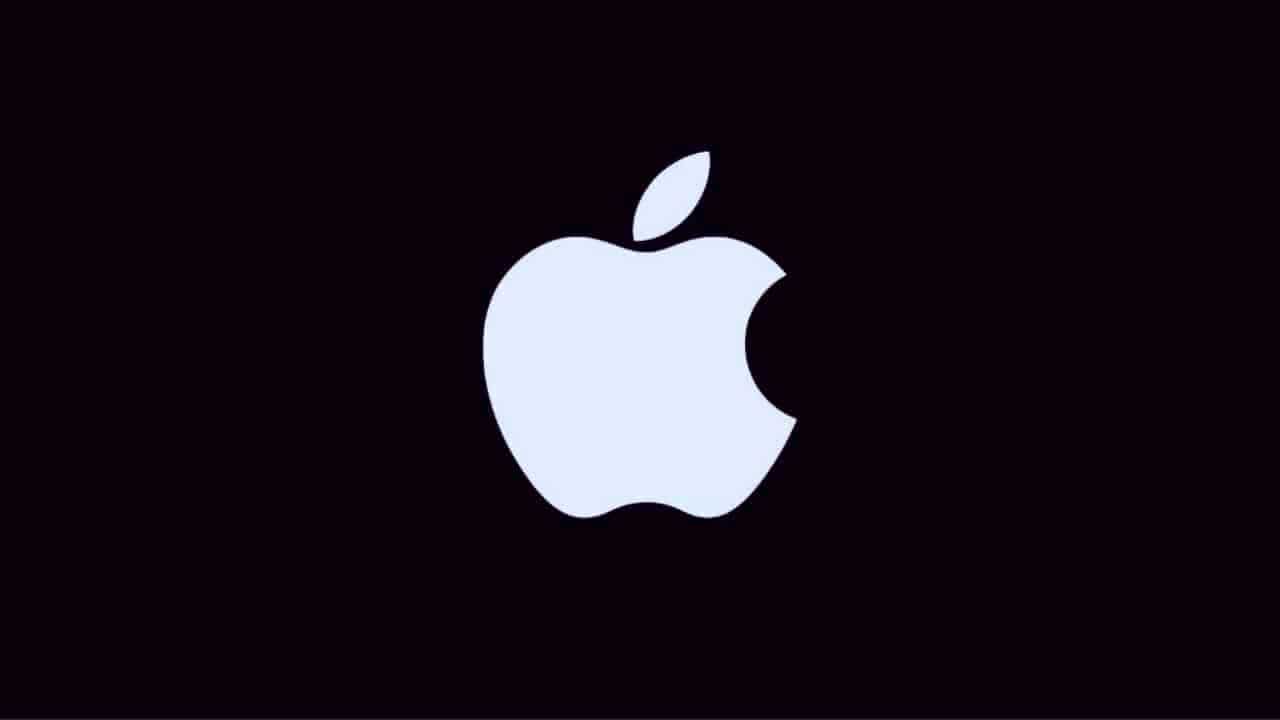Apple and Goldman Sachs have found themselves in hot water over their handling of the Apple Card, resulting in significant penalties. According to the Consumer Financial Protection Bureau (CFPB), the two companies have been fined a total of $89 million due to a series of issues surrounding disputed card transactions, misleading information provided to consumers, and mishandling interest-free payment options. These actions have sparked outrage among consumers and scrutiny from regulators, highlighting the challenges even tech giants face when entering the financial sector.
Mishandling of Disputed Transactions: What Went Wrong?
At the heart of the CFPB’s findings is Apple’s failure to appropriately manage disputed transactions made with the Apple Card. The agency revealed that Apple did not send tens of thousands of disputed charges to Goldman Sachs, which was responsible for managing and investigating these issues. Customers who experienced unauthorized or incorrect charges were left waiting for their disputes to be addressed, often for extended periods.
When Apple eventually transferred the disputed transactions to Goldman Sachs, the bank, according to the CFPB, failed to follow federal requirements for investigating these disputes. Under federal law, banks are required to investigate disputed transactions in a timely and thorough manner to protect consumers from fraudulent charges and other financial errors. Goldman Sachs, however, neglected to meet these obligations, compounding the issues for affected cardholders.
This mishandling of disputes left many Apple Card customers without proper resolutions for incorrect charges. For consumers, the inability to resolve disputes meant facing financial uncertainty, especially for larger transactions where timely refunds or corrections were critical.
Misleading Customers About Interest-Free Payment Options
The CFPB’s investigation didn’t stop at disputed transactions. Another significant issue involved misleading information about the Apple Card’s interest-free payment plan, which Apple heavily promoted as a benefit for customers purchasing Apple products. The option allowed cardholders to buy Apple devices, such as iPhones, iPads, and Macs, on an installment plan without accruing interest, provided they adhered to specific terms.
However, many customers who thought they had signed up for this interest-free option were surprised to find interest charges on their statements. According to the CFPB, some consumers believed they would automatically be enrolled in this interest-free payment plan when using their Apple Card to make purchases from Apple. Yet, this automatic enrollment did not always happen as expected, leaving consumers with unexpected interest charges on their purchases.
Further complicating the issue was Apple’s lack of transparency. The CFPB reported that Apple intentionally kept the interest-free payment option off its website for customers using browsers other than Safari. This meant that unless customers were browsing with Apple’s default Safari browser, they may not have even been aware that they had the option to finance their purchases without interest. As a result, many customers missed out on the advertised benefit simply because they were using another browser, leading to frustration and financial strain.
This lack of clarity and unequal access to important information raised serious concerns about how Apple communicated key features of the Apple Card to its customers. For many consumers, the promise of interest-free financing was a major selling point of the Apple Card, and the failure to properly implement this option undermined customer trust.
Goldman Sachs’ Additional Missteps
Goldman Sachs, the bank backing the Apple Card, also faced criticism for how it handled certain refunds and credits. The CFPB found that the bank misled customers about the way refunds would be applied to their Apple Card balances. For example, in some cases, refunds were not applied as expected, which resulted in customers accruing additional interest charges.
Refunds are a critical component of consumer protection in the credit card industry, ensuring that cardholders are not financially penalized for returned products or resolved disputes. However, Goldman Sachs’ failure to accurately process refunds caused many customers to incur further financial losses due to unnecessary interest charges.
The CFPB’s findings highlight a broader issue of communication between the two companies and their customers. Inaccurate information about refunds and failure to properly investigate disputes created a significant disconnect between consumers’ expectations and their actual experiences. This not only harmed Apple Card holders financially but also damaged the credibility of both Apple and Goldman Sachs in the competitive credit card industry.
Financial Penalties and Compliance Orders
In response to these violations, the CFPB has levied substantial fines against both Apple and Goldman Sachs. Goldman Sachs was ordered to pay $19.8 million in compensation to affected Apple Card customers. This redress is intended to reimburse cardholders who were impacted by the mishandling of disputes and refunds, helping to alleviate some of the financial harm caused by the bank’s practices.
In addition to the compensation for customers, Goldman Sachs was fined $45 million as part of a civil money penalty. The CFPB has also required the bank to develop and present a credible plan to comply with federal laws governing credit card products. Before Goldman Sachs can launch any new credit card offerings, it must ensure that its practices align with legal standards and prioritize consumer protection. This move is seen as a preventive measure to avoid similar issues in the future.
Apple, on the other hand, has been fined $25 million, which will be directed to the CFPB’s victims relief fund. This fund is designed to provide financial assistance to consumers who have been harmed by violations of consumer protection laws, offering some degree of compensation to those affected by corporate misconduct. The fine imposed on Apple reflects the company’s role in misleading consumers about key features of the Apple Card, particularly the interest-free payment option.
Apple and Goldman Sachs: A Troubled Partnership?
The Apple Card, introduced in 2019, was heralded as a revolutionary product aimed at helping customers “lead a healthier financial life.” The card was marketed as an innovative credit solution, offering unique features such as no fees, daily cash back, and the ability to track spending through the Wallet app on iPhones. For Apple, the Apple Card represented an important foray into the financial services sector, expanding its ecosystem beyond hardware and software.
However, despite its initial success, the Apple Card has encountered significant challenges over the years, particularly in its partnership with Goldman Sachs. The bank, which is primarily known for its investment banking and wealth management services, ventured into the consumer lending space with the Apple Card. While the collaboration initially seemed promising, it has faced growing scrutiny as more issues have emerged.
A 2023 report from the Wall Street Journal revealed that Goldman Sachs had started to reconsider its involvement in the consumer credit market, particularly its role in managing the Apple Card. The report suggested that the bank may have viewed the venture as a potential mistake, as the consumer lending industry posed unforeseen risks and challenges. Goldman Sachs has also reportedly faced internal concerns about the profitability and long-term sustainability of the Apple Card partnership.
A Wake-Up Call for Financial and Tech Industries
The fines and penalties levied against Apple and Goldman Sachs underscore the complexities of managing financial products, particularly when companies that are not traditionally part of the financial sector, like Apple, enter the market. The mishandling of disputes, refunds, and interest-free payment plans reveals the importance of clear communication, adherence to regulations, and a customer-first approach in the credit card industry.
For consumers, this case serves as a reminder to carefully read and understand the terms of credit card products before making purchases, especially when advertised benefits like interest-free payments are involved. Transparency and consumer education are crucial to ensuring that customers are not caught off guard by hidden fees or misleading offers.
As Apple and Goldman Sachs work to address these issues, they will need to rebuild trust with their customers. The Apple Card was introduced as a tool to simplify financial management and offer unique benefits, but the recent controversies have tarnished its reputation. Both companies will need to make significant changes to ensure that their future financial products meet the needs and expectations of their customers while complying with federal regulations.
Ultimately, this case highlights the growing intersection between technology and finance and the need for companies in both industries to prioritize consumer protection, transparency, and regulatory compliance. As Apple and Goldman Sachs move forward, they will need to demonstrate a commitment to correcting past mistakes and delivering on their promises to consumers.




































